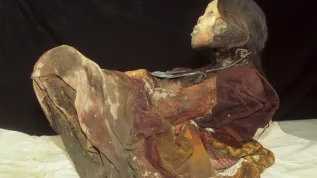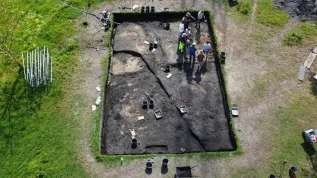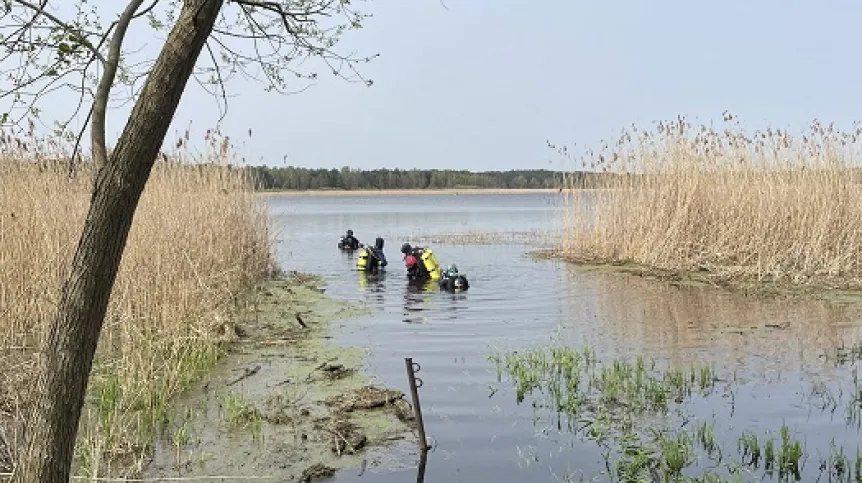
Archaeologists from the University of Warsaw have discovered a Celtic ritual site in one of the lakes in Kujawy. During underwater research, they found several items made by Celtic blacksmiths.
According to the Dean of the Faculty of Archaeology of the University of Warsaw and head of the Underwater Archaeology Laboratory, Professor Bartosz Kontny, the discovery is extremely important and forces archaeologists to revise previous findings.
'First of all, it confirms making larger sacrificial deposits in Polish waters (it is the first confirmation from a lake) by the Celts - so far, there have been known finds of single Celtic swords from rivers, but they are associated primarily with the Przeworsk culture. In the areas of the broadly understood Celtic culture, this phenomenon is known , but there are only a few confirmed sites of this type. Secondly, in the 3rd century BCE, and this is how the extracted items should be dated, no Celts were thought to have been in this part of Poland. This forces us to revise this part of the region's prehistory and sheds new light on the process of cultural changes, ultimately leading to the development of a new cultural model (strongly inspired by the Celts) already in the 2nd century BCE', says Kontny.
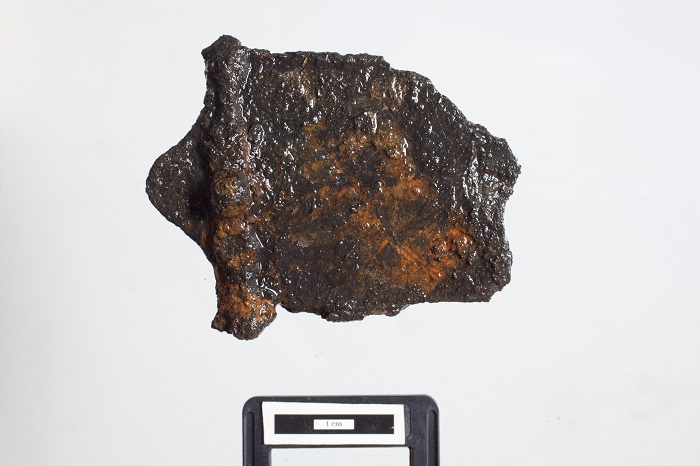
The discovered artefacts include sickles, as well as fragments of iron sword sheaths and chain belts on which the Celts hung their melee weapons.
'The Celts were famous for offering weapons and blacksmithing, carpentry and kitchen tools to the deities in waters (rivers, lakes, swamps), rock crevices and hard-to-reach places in the mountains. Our discovery is part of such sacrificial finds', Kontny says.
‘It resulted from the unexpected discovery of a Celtic sword from the 3rd century BCE, kept in the collection of the Land Forces Museum in Bydgoszcz (we managed to locate the finder, who indicated the place of discovery)', he adds.
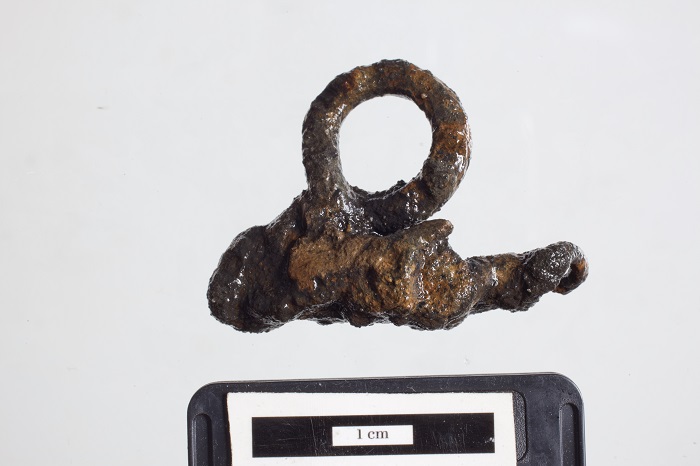
Researchers have not yet reveal the exact location of the discovery to avoid the site being disturbed. Further archaeological research is planned in the place where the artefacts were found. The location will probably be announced only after the research is completed, which is planned for autumn this year.
The Celts were an Indo-European people that lived also in the lands of today's Poland. Until recently, it was believed that their settlements stretched from England to the Carpathian Basin, from southern France, the Iberian Peninsula and northern Italy to Silesia, Lesser Poland and the San basin. A decade ago it was proven that Celts also lived in Kujawy in the 1st century BCE. PAP)
Magdalena Barcz
bar/ zan/ lm/ kap/
tr. RL

